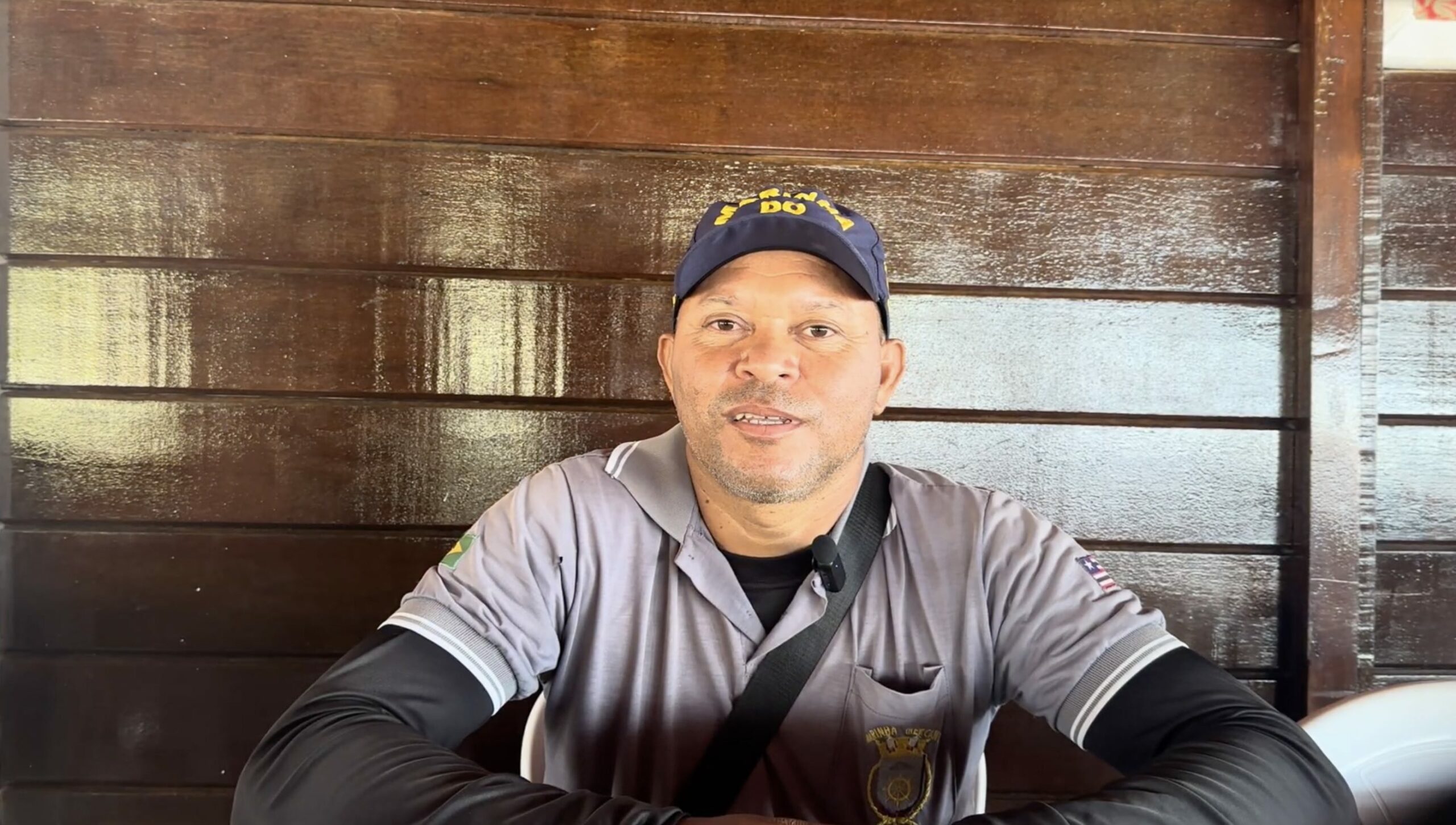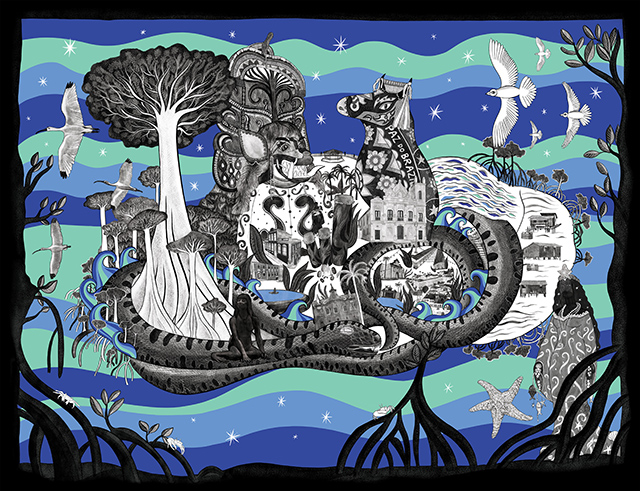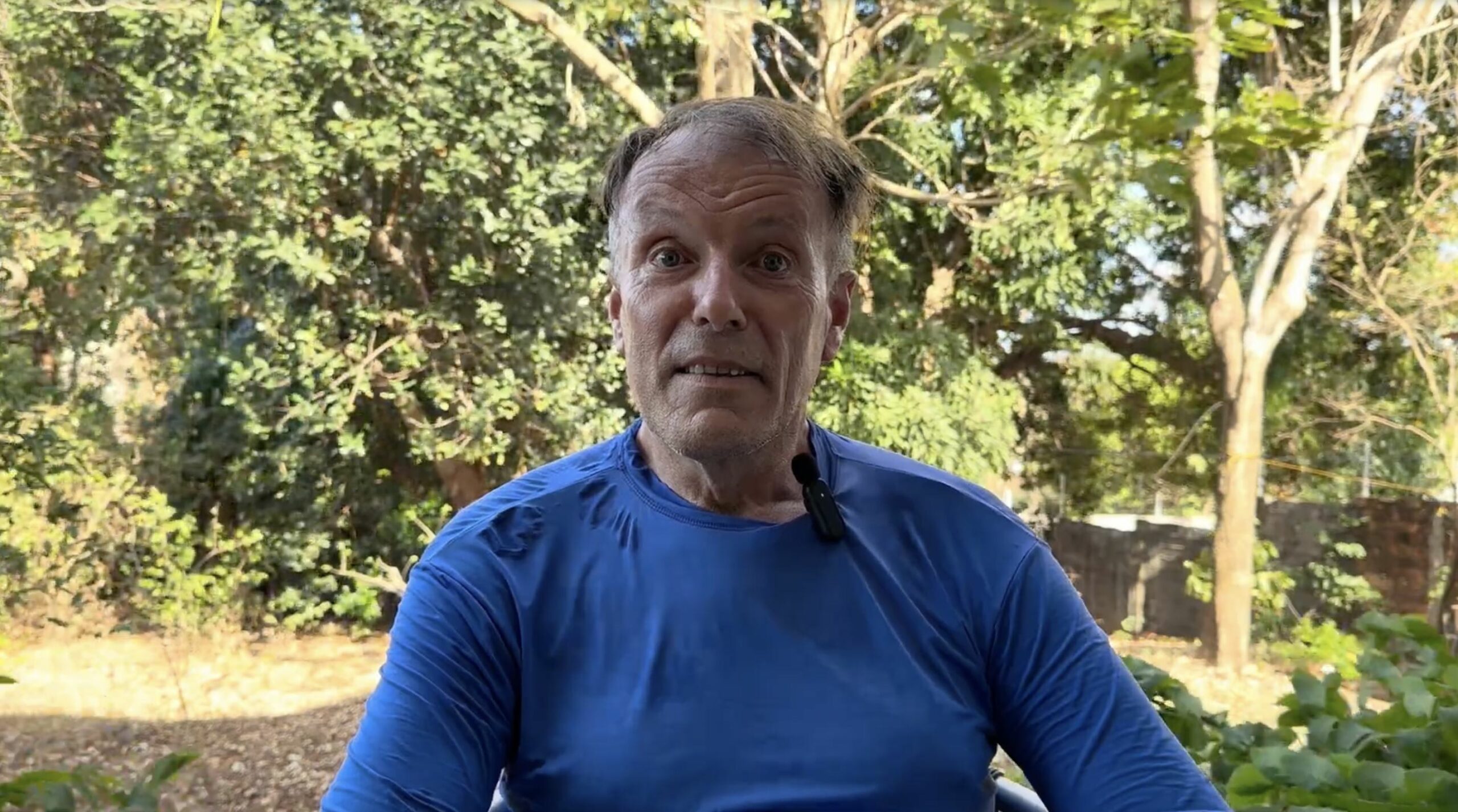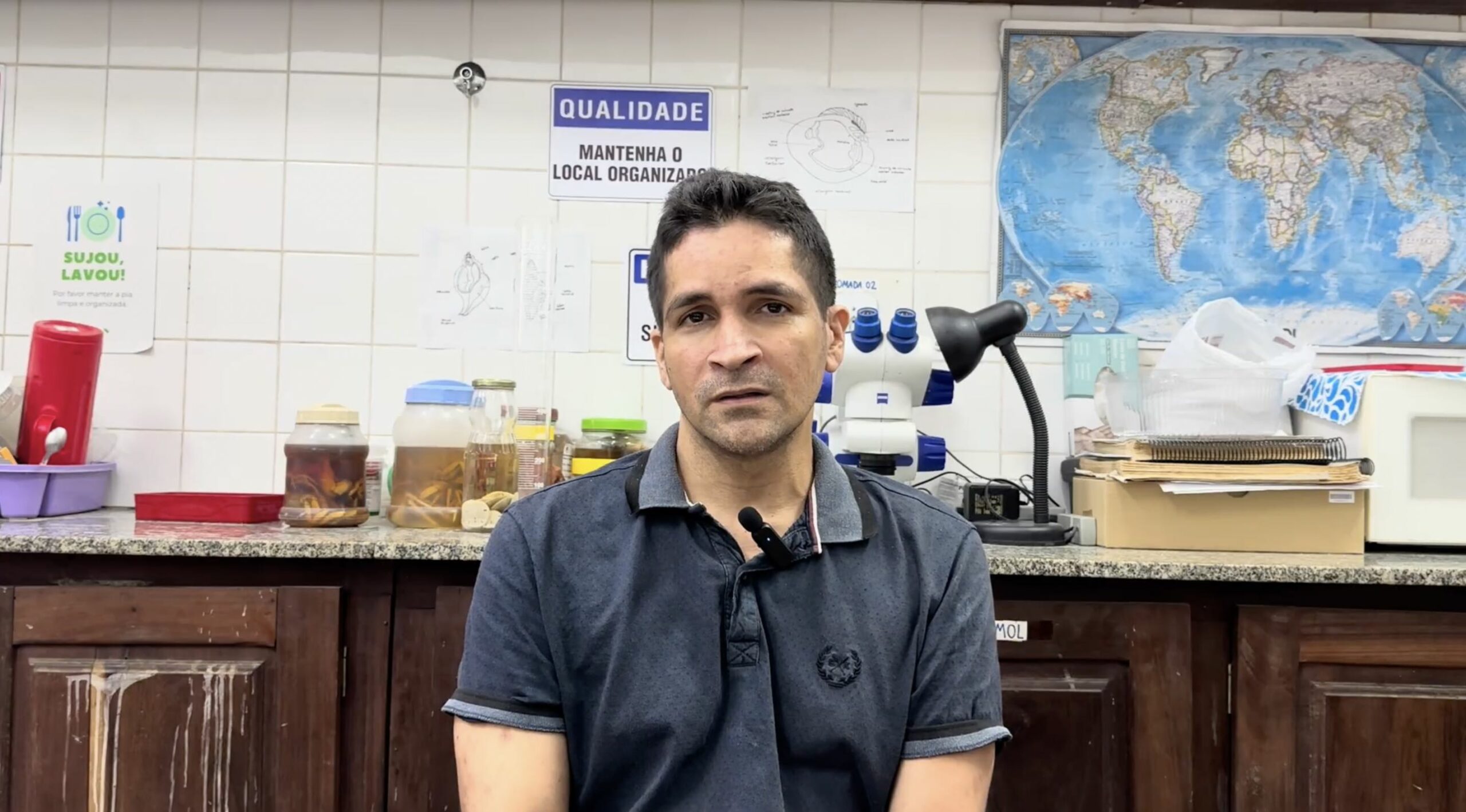
In this interview conducted in Raposa, a small coastal town in Maranhão, Brazil, Eduardo, a tour guide and former fisherman, shares his experience of the changes to the coastal environment. Between daily observations of wildlife, the retreat of mangroves, changes in the tides and human responsibility, he offers a lucid and committed account of how his region has changed.
« Every year, the sea advances a little further. It nibbles away at the beaches and reaches the houses. It wasn’t like that before. «
A privileged witness to the area
Eduardo has been working in the nautical tourism sector in Raposa for over 18 years. Coming from a family of fishermen, he knows the tides, dunes, mangroves and islands of the region intimately. He observes the ecological changes that have taken place over time with concern.
‘I’ve seen our ecosystem change over the years, with the seasons, the tides, the migration of birds and fish.’
Growing human pressure
When asked about the causes of these changes, Eduardo points to the heavy human presence and the increase in the number of boats in natural areas. Tourism, although essential to the economy, is upsetting the ecological balance.
‘Some migratory birds no longer come. They flee the noise and crowds. Even shellfish have left some sandbanks.’
He notes that some animal species have moved to other areas, disturbed by human activities, particularly motorised tourist circuits.
Global warming and the displacement of living organisms
Beyond the anthropogenic impact, Eduardo mentions the effects of global warming. He observes new migratory phenomena linked to the search for food and changes in temperature.
‘The planet is warming up. Species are moving, looking elsewhere for what they need to survive.’
The combination of human pressure and climate change is creating a cumulative effect that is difficult to contain, with visible consequences for fish, birds and seasonal cycles.
The inexorable advance of the tides
This phenomenon is tangible in Raposa, where every year the spring tides advance further inland. The phenomenon intensifies between August and December, when the tides are at their highest.
‘These tides hit the houses. The sea level is rising, and this is affecting all the coasts of the world.’
Residents are witnessing the flooding of their homes in areas that were once spared. While high tides have always existed, their increasing intensity is now clearly perceived as a direct consequence of climate change.
Human responsibility and possible solutions
Faced with this situation, Eduardo calls for collective awareness and ambitious policies. He talks about the need to reduce greenhouse gas emissions, invest in renewable energies and gradually phase out fossil fuels.
« Humanity must stop polluting, invest in solar energy and abandon fossil fuels. «
For him, climate change cannot be contained without widespread mobilisation around structural solutions.
Education as a lever for action
Eduardo attaches great importance to education, which he sees as a powerful lever for initiating sustainable change.
‘It is through transmission that people understand and change. When you explain things to them, they become aware of the impact of their actions.’
Whether they are children, fishermen or business leaders, he believes that everyone can be made aware and take action at their own level.
Connecting science and the local area
Finally, Eduardo stresses the need to connect scientific findings with the realities on the ground. By sharing knowledge with fishing communities, he hopes to build bridges between academic knowledge and local knowledge.
‘We go out to meet communities to share what we discover at university. It’s together that we can make a difference.’ «
For him, this exchange of knowledge is essential to any sustainable environmental conservation strategy.
Eduardo’s testimony, rooted in his daily experience, clearly reveals the concrete consequences of climate change on coastal areas. It shows how valuable it is to listen to local actors in order to understand the transformations underway and to envisage shared responses that are commensurate with the current ecological challenges.
Testimonies from the same panel


